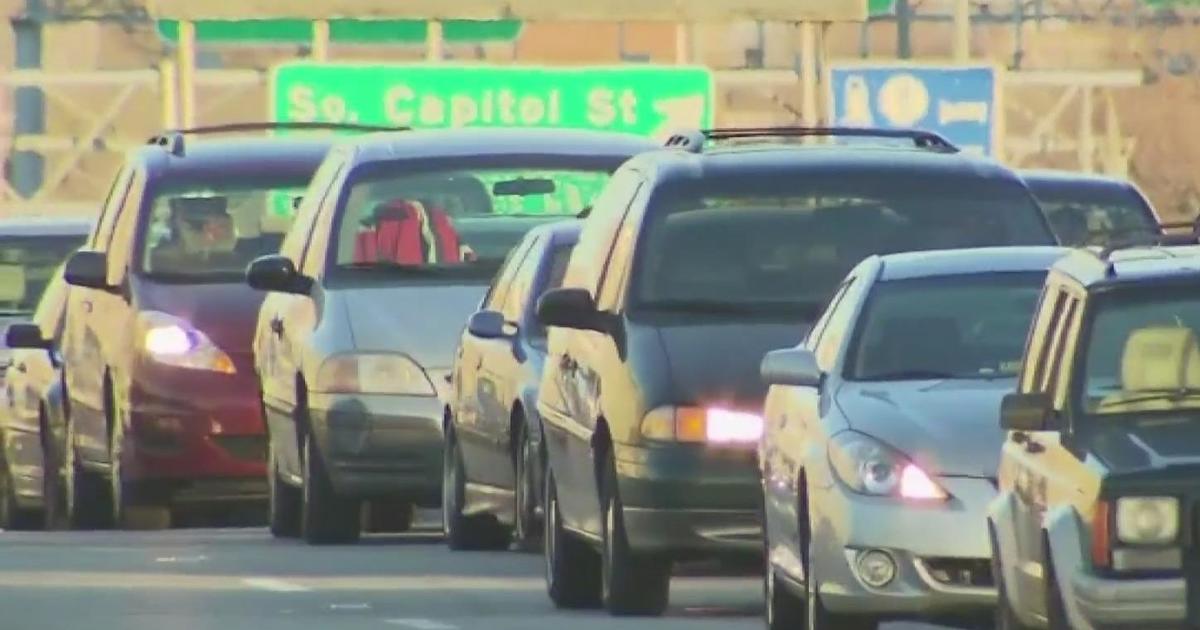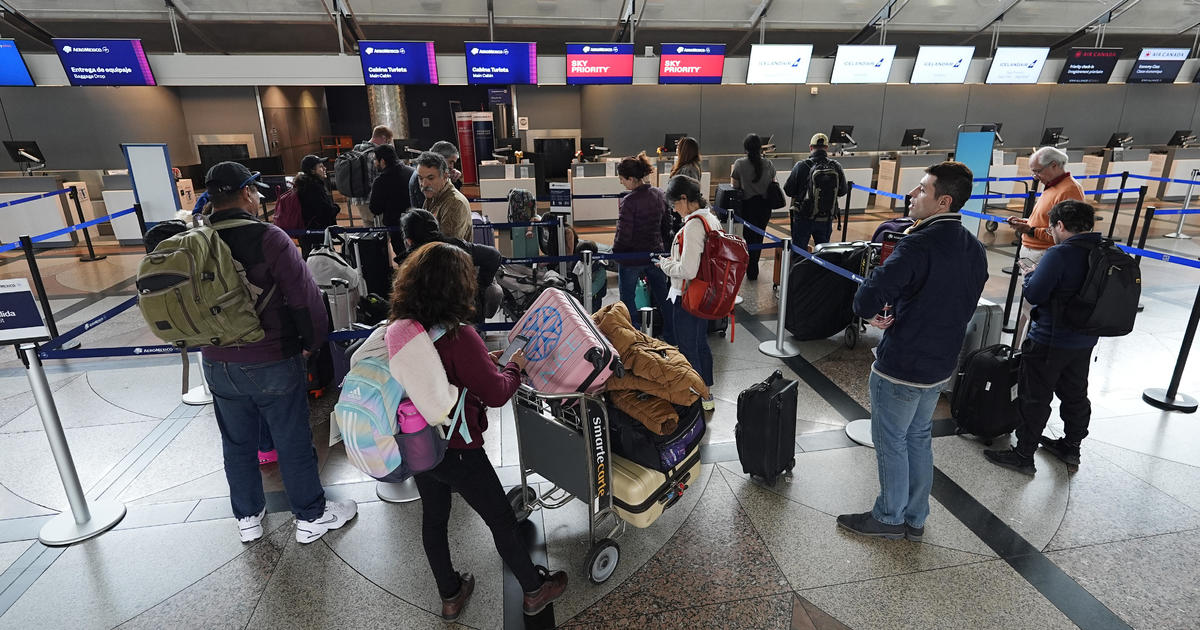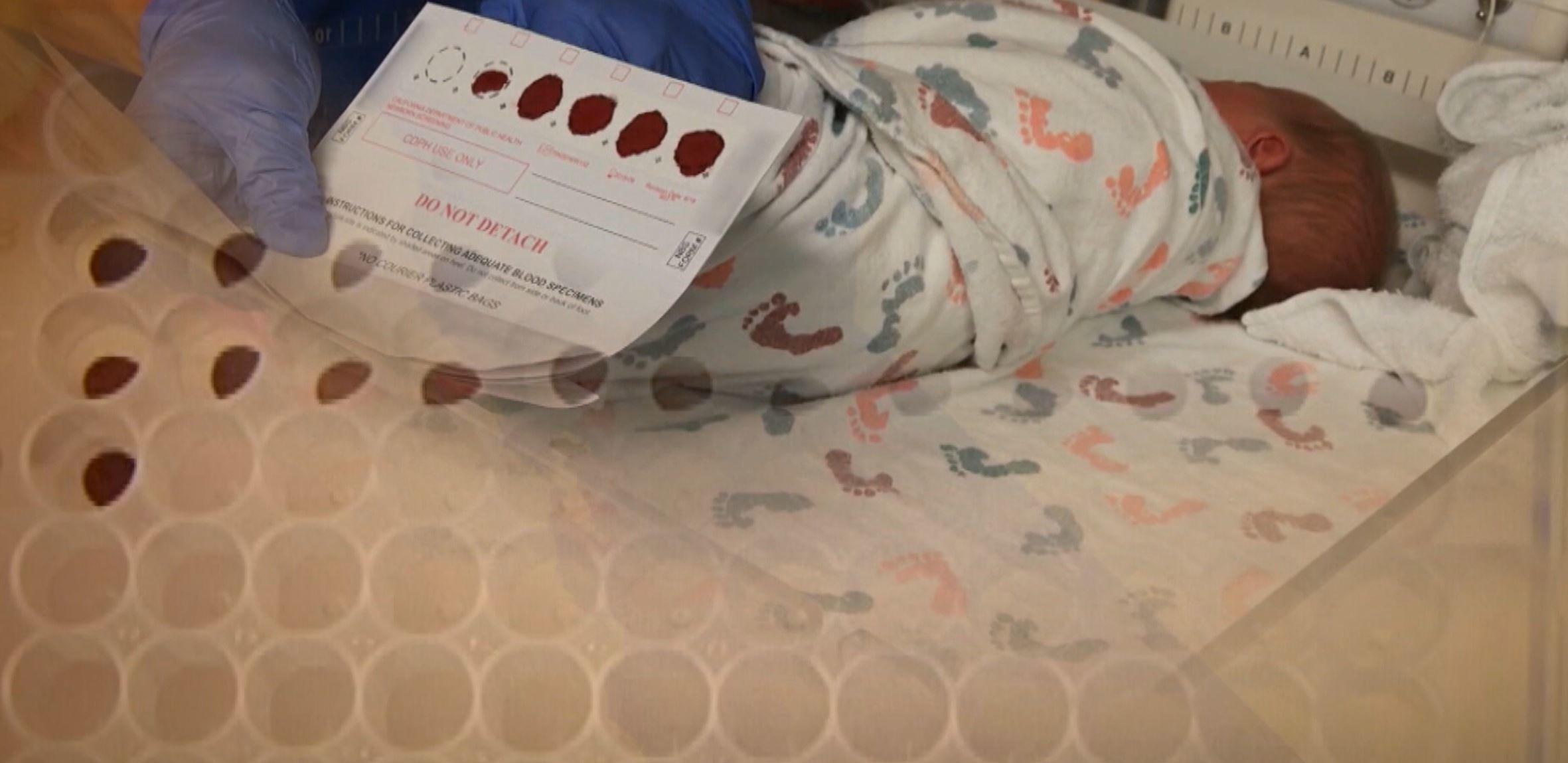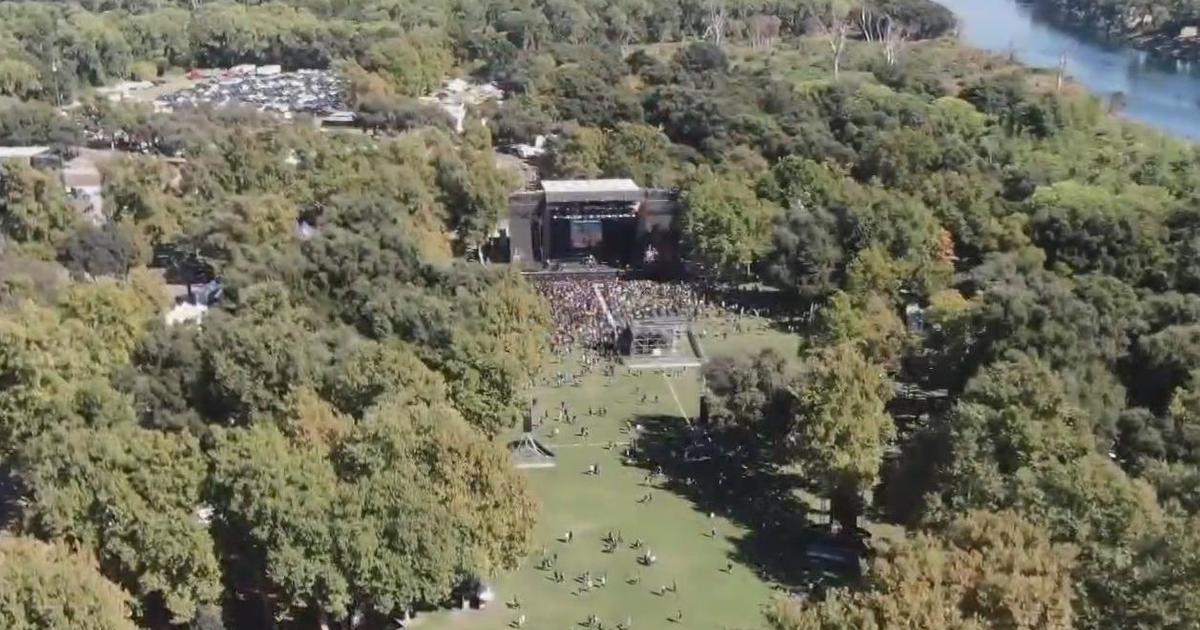California Borrowing $5B Ahead Of US Debt Crisis
SACRAMENTO, Calif. (AP) -- California was scheduled Tuesday to borrow about $5 billion from private investors as a hedge against a possible default by the federal government.
State Treasurer Bill Lockyer planned to ask a group of banks, credit unions and investment funds for short-term loans so the state can avoid a potential cash shortage if the federal government fails to extend its debt ceiling. If that happens, the government could shortchange states on health care and education funding.
Lockyer, a Democrat, has said he is taking the step as a precaution if the federal government can't meet all its obligations.
California typically borrows money in the late summer to pay operating expenses until most income tax receipts arrive in the spring. Lockyer is acting on the so-called "bridge loan" because it's unclear whether California would be able to borrow that much money if the credit markets are thrown into turmoil.
Democrats and Republicans are clashing over plans to slash spending and raise the debt ceiling ahead of an Aug. 2 deadline. The White House said that's the day the government will exhaust its ability to borrow and meet all its obligations.
That could force the federal government to default on loan obligations. For states such as California, it could mean reduced or stop payments for Medicare and Medicaid funding, as well as public school programs.
Medicaid, the federal health program for low-income families, is known in California as Medi-Cal. Medicare is the health insurance program for seniors and the disabled.
After the state borrows $5 billion from private investors, California plans to repay the loan later this summer through routine borrowing notes. The state, which currently has the lowest credit rating among the 50 states at A-, is planning to issue short-term borrowing notes in late August.
It's not clear how much the additional loans could cost California taxpayers. Lockyer has said he hoped to secure a good interest rate because the state changed the way it calculates how much money it has in reserve this year.
The treasurer has also warned that a default would trigger a downgrade of the federal government's triple-A bond rating. It would not only raise interest rates but negatively affect state and local government borrowing costs because some states' rates are linked to Treasury rates.
"The ripple effects on state and local finance for the whole country are very substantial," Lockyer said earlier this month. "Hopefully, they're going to reach some reasonable accord that won't cause federal defaults, but every state and local government in the country, certainly including California, will have additional difficulties in financing its investments and paying its bills if the federal default occurs."
(Copyright 2011 by The Associated Press. All Rights Reserved.)



